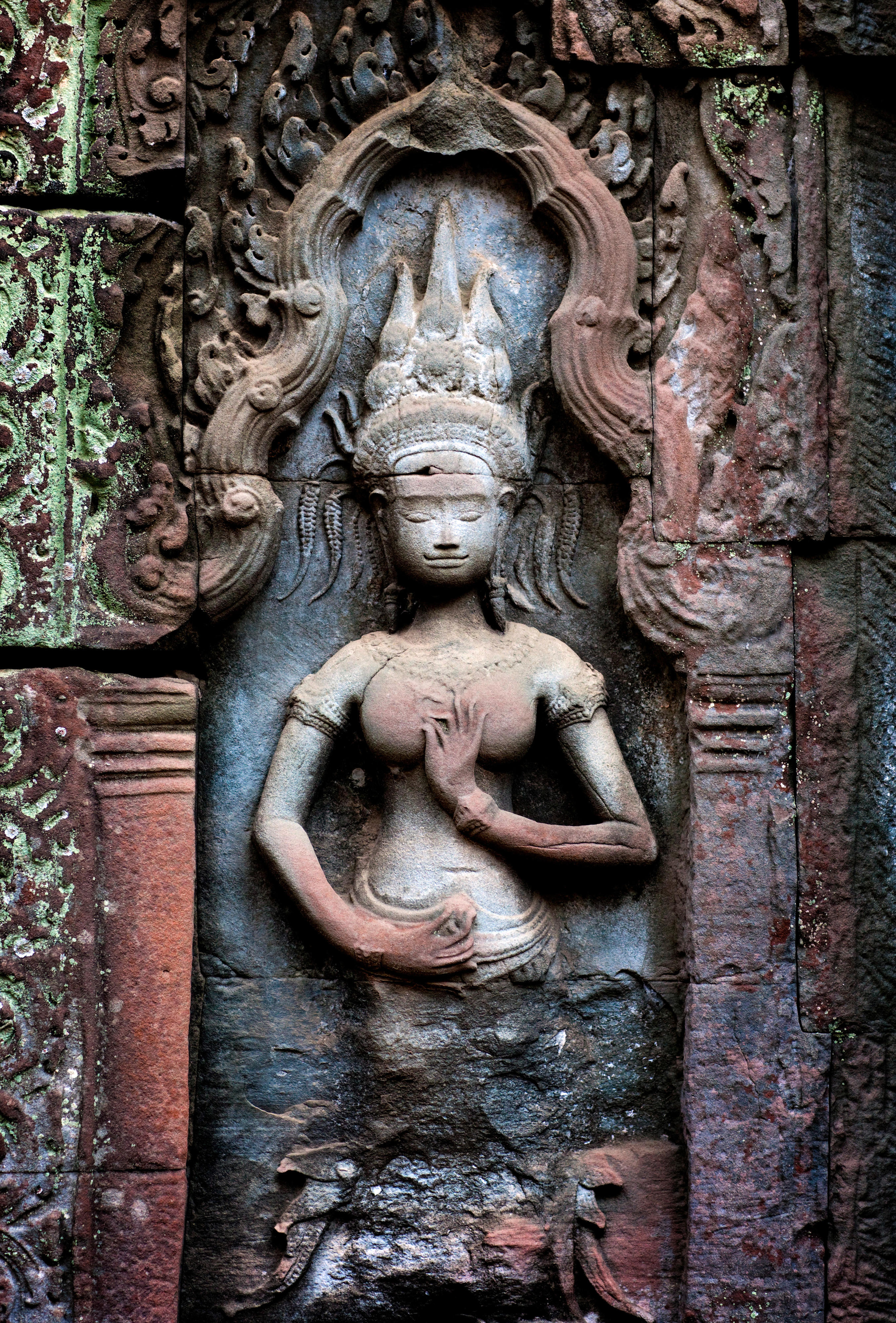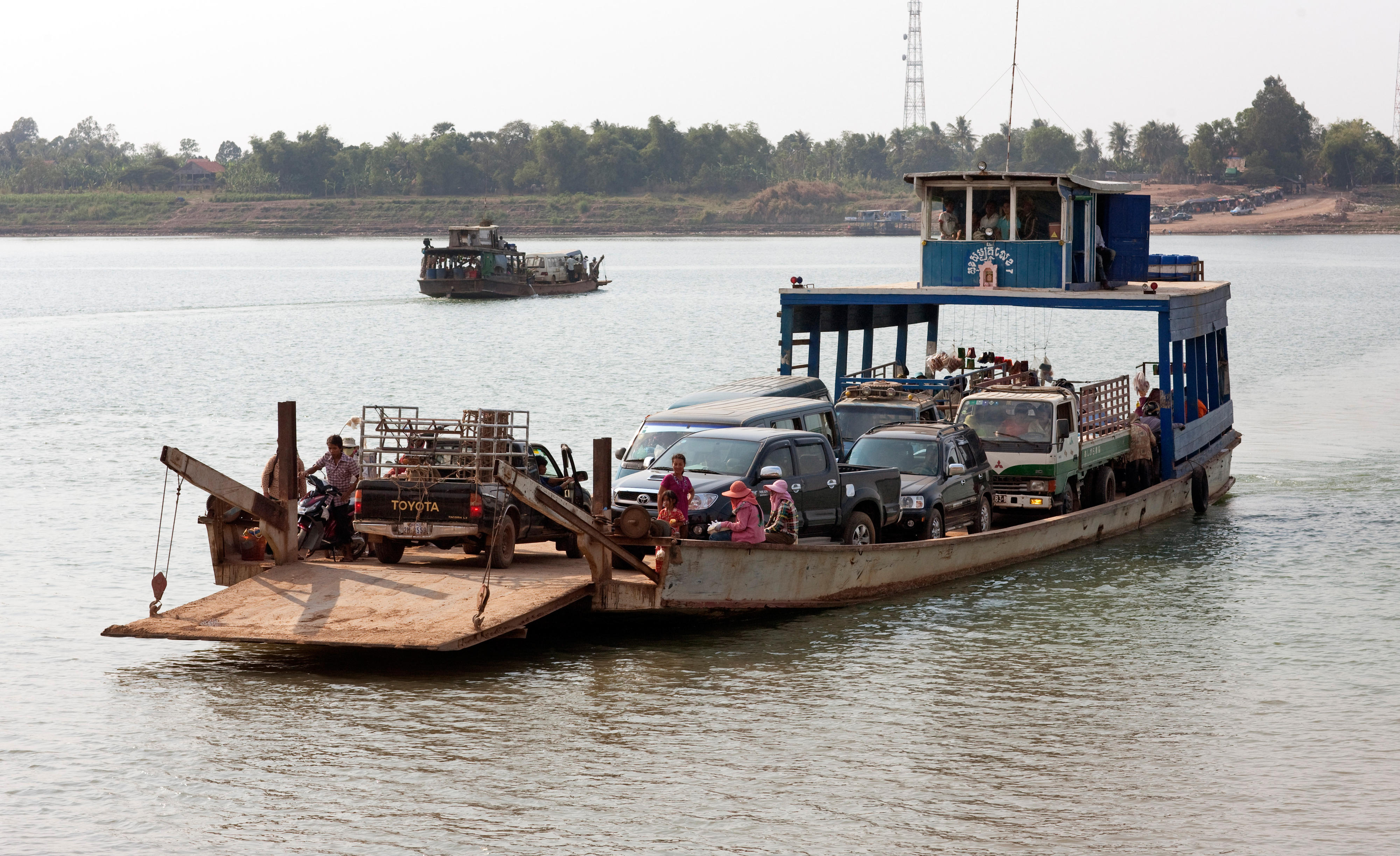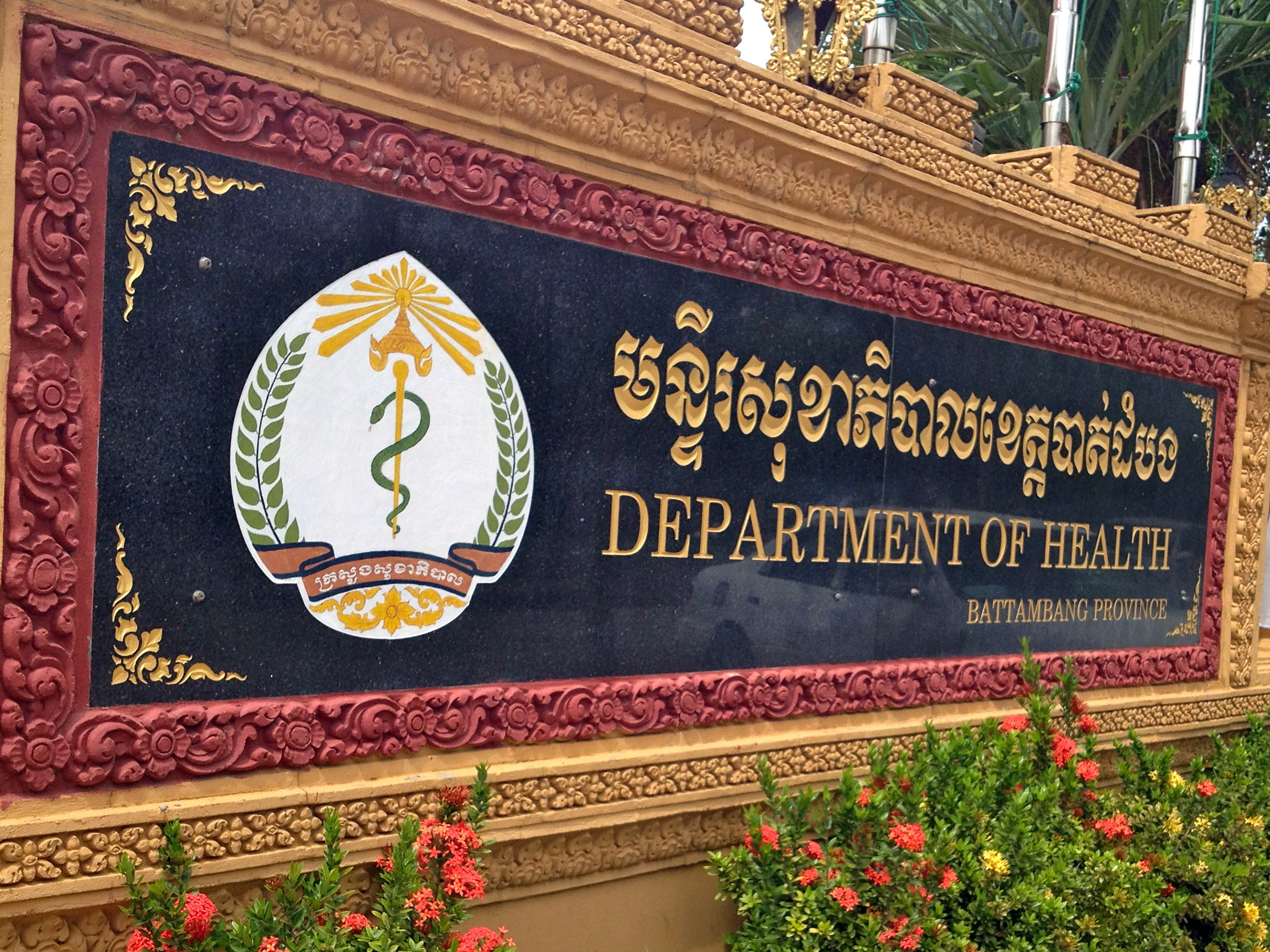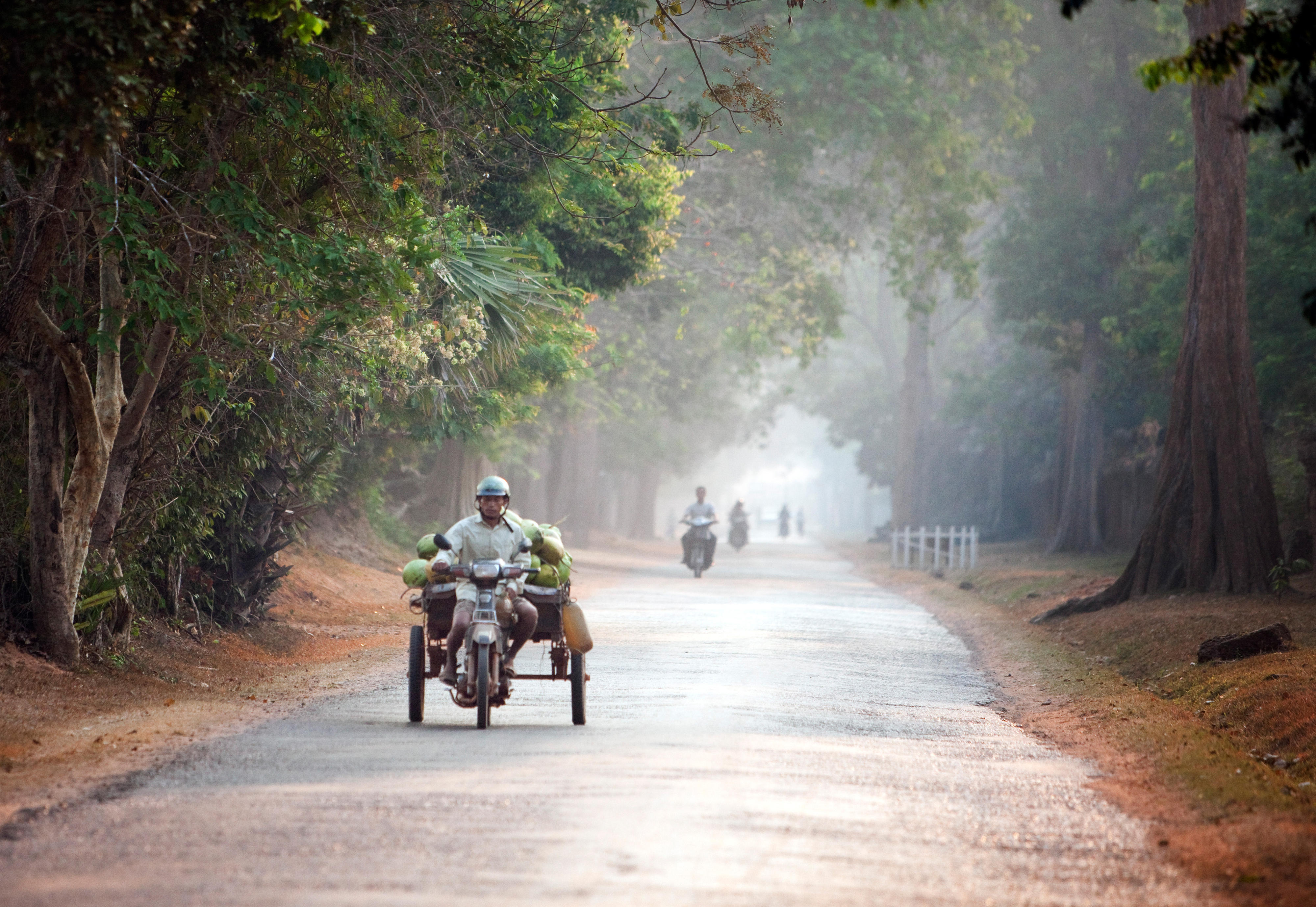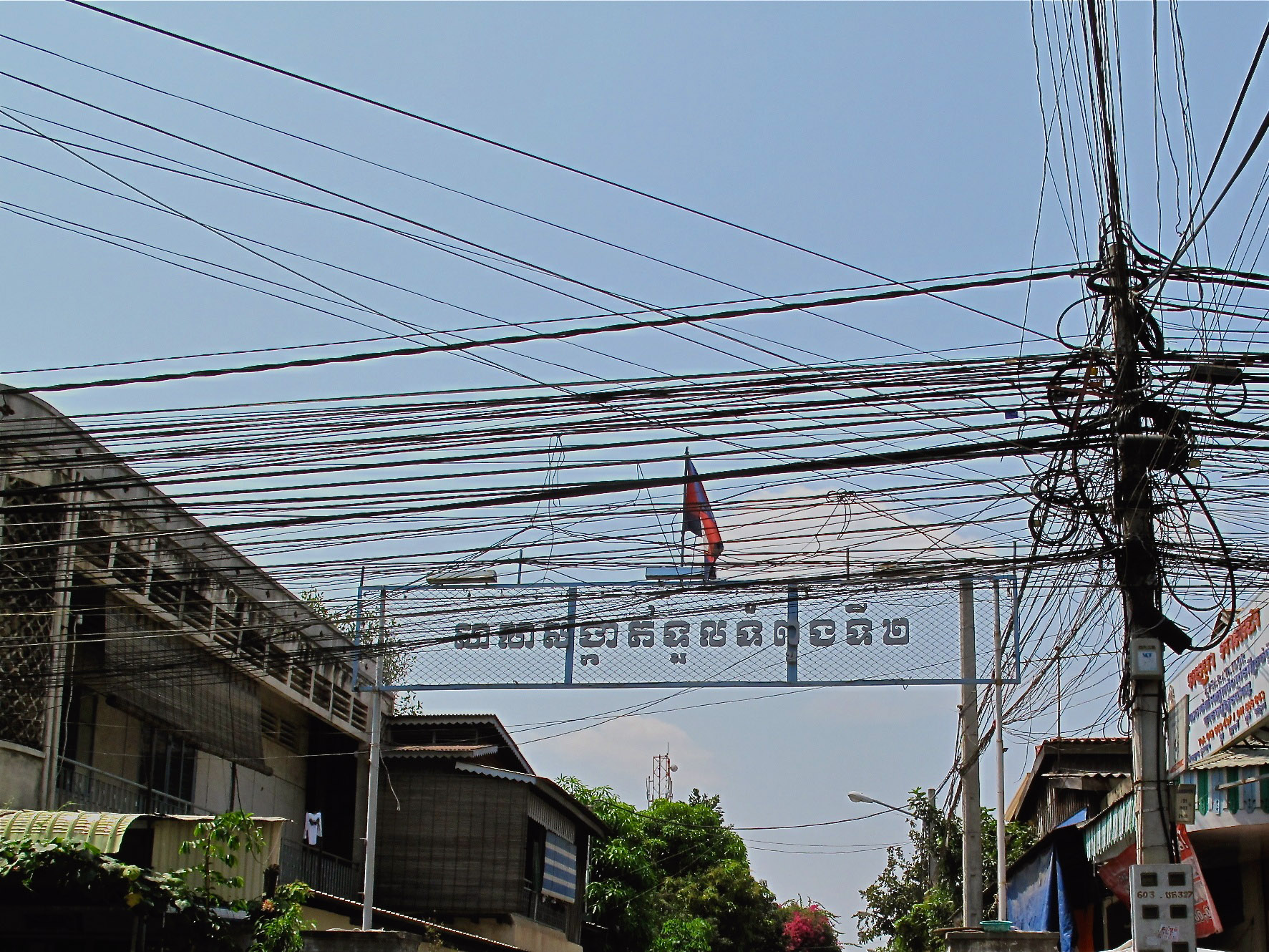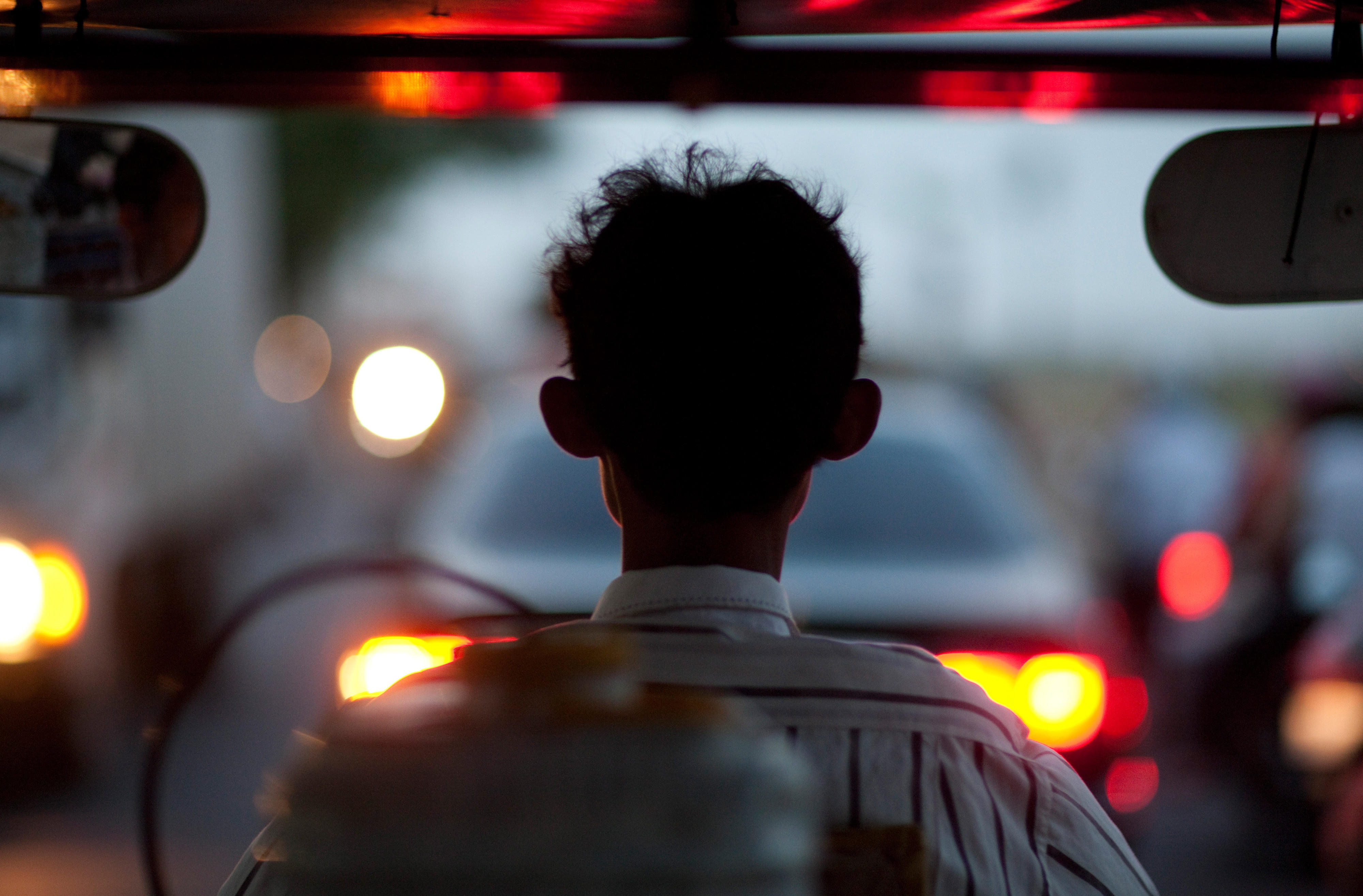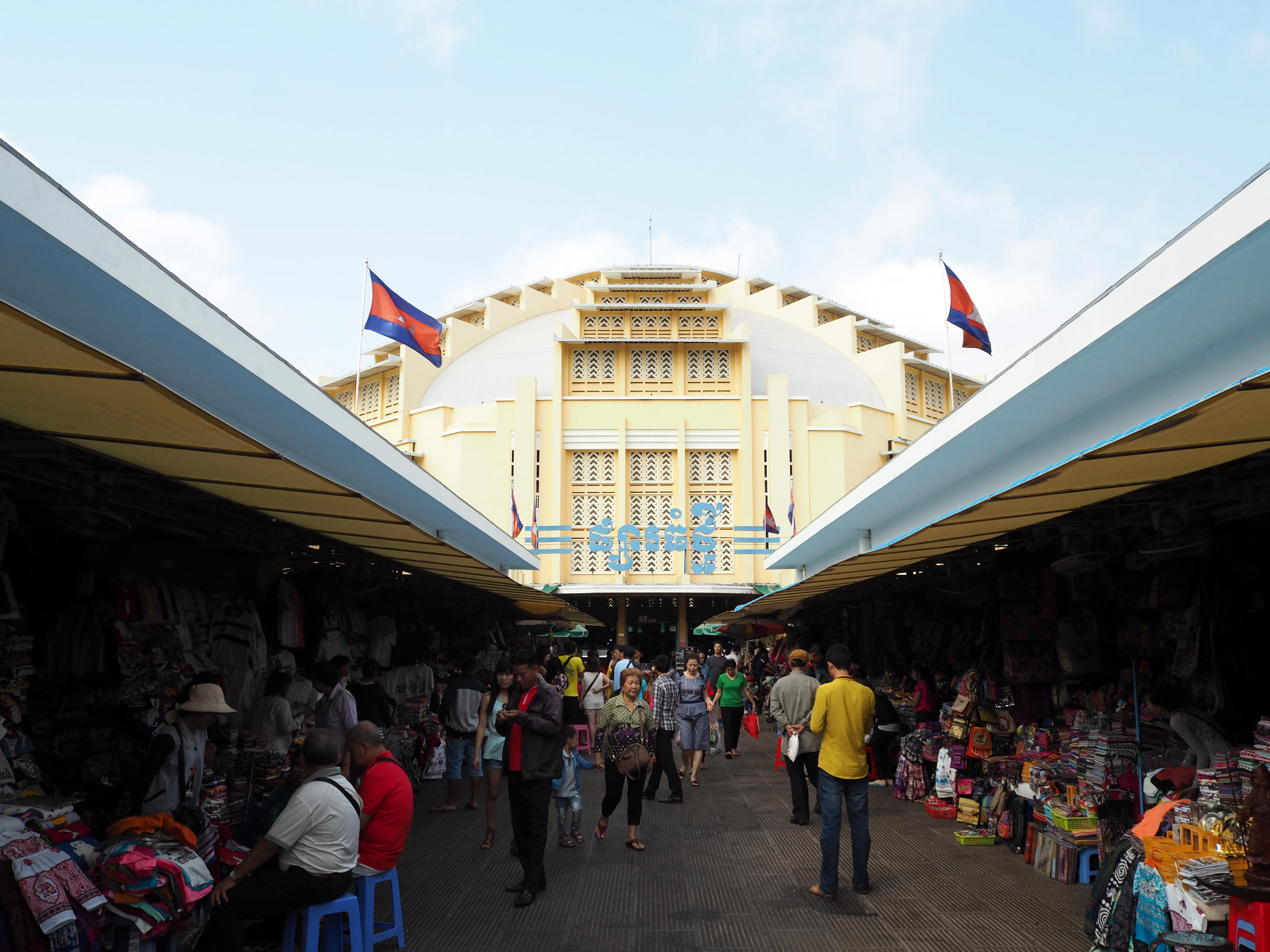Stone figure in the temple Ta Prohm near Angkor Wat, Cambodia
Copyright© Thomas Köhler/photothek.net
Cambodia
In order to safeguard these achievements in the long term, the government needs to introduce and follow through on a range of political reforms. It faces significant challenges in this regard, in particular in the areas of democracy, the division of powers and the rule of law, human rights, public administration, the justice system, the financial sector and tackling corruption.
The COVID-19 pandemic, Russia's war of aggression against Ukraine and the partial withdrawal of EU trade preferences have all played a part in slowing Cambodia's economy. However, economic growth has picked up again since 2021, and the World Bank projects a growth rate of 5.8 per cent for 2024.
The current situation in Cambodia is shaped by its recent history, which has been marked by tremendous human suffering. Cambodia was heavily bombed by the United States during the Viet Nam War. After that, from 1975 to 1979, about 25 per cent of the population fell victim to the reign of terror presided over by the Khmer Rouge. The country's infrastructure was totally destroyed and practically the entire educated elite was wiped out. In 1979, Viet Nam occupied the country and liberated it from the Khmer Rouge, who mainly retreated to the peripheral regions, where they launched a guerrilla war. It was not until 1993 that elections once again took place. In fact the decades-long civil war only ended in early 1999, after the last of the Khmer Rouge fighters surrendered.
German development cooperation with Cambodia
Germany is supporting Cambodia as the country goes through a process of development and democratisation.
During government negotiations between Cambodia and Germany in October 2023, Germany committed a total of 63 million euros for development cooperation. 29 million euros of this amount will be used for Technical Cooperation and 34 million euros for Financial Cooperation.
Germany's development cooperation with Cambodia focuses on the following core areas:
- Health, social protection and population dynamics
- Sustainable economic development, training and employment
- Climate and energy, just transition
Furthermore, the Federal Ministry for Economic Cooperation and Development (BMZ) is supporting the work of the Khmer Rouge Tribunal and funding reconciliation projects.
Germany and Cambodia are also working together under the framework of the BMZ’s regional and global programmes, including the Special Initiative “Transformation of agricultural and food systems”, the “Pandemic prevention and control, One Health” project and the Civil Peace Service.
Cambodia also benefits from two globally oriented flagship projects by the German government aimed at protecting biodiversity: the Blue Action Fund promotes the development of a network of marine protected areas in Cambodia, and the Legacy Landscapes Fund supports the long-term protection of the Central Cardamom Mountains National Park.
SDG trends for Cambodia
- On track or maintaining SDG achievement
- Moderately improving
- Stagnating
- Decreasing
- Trend information unavailable
